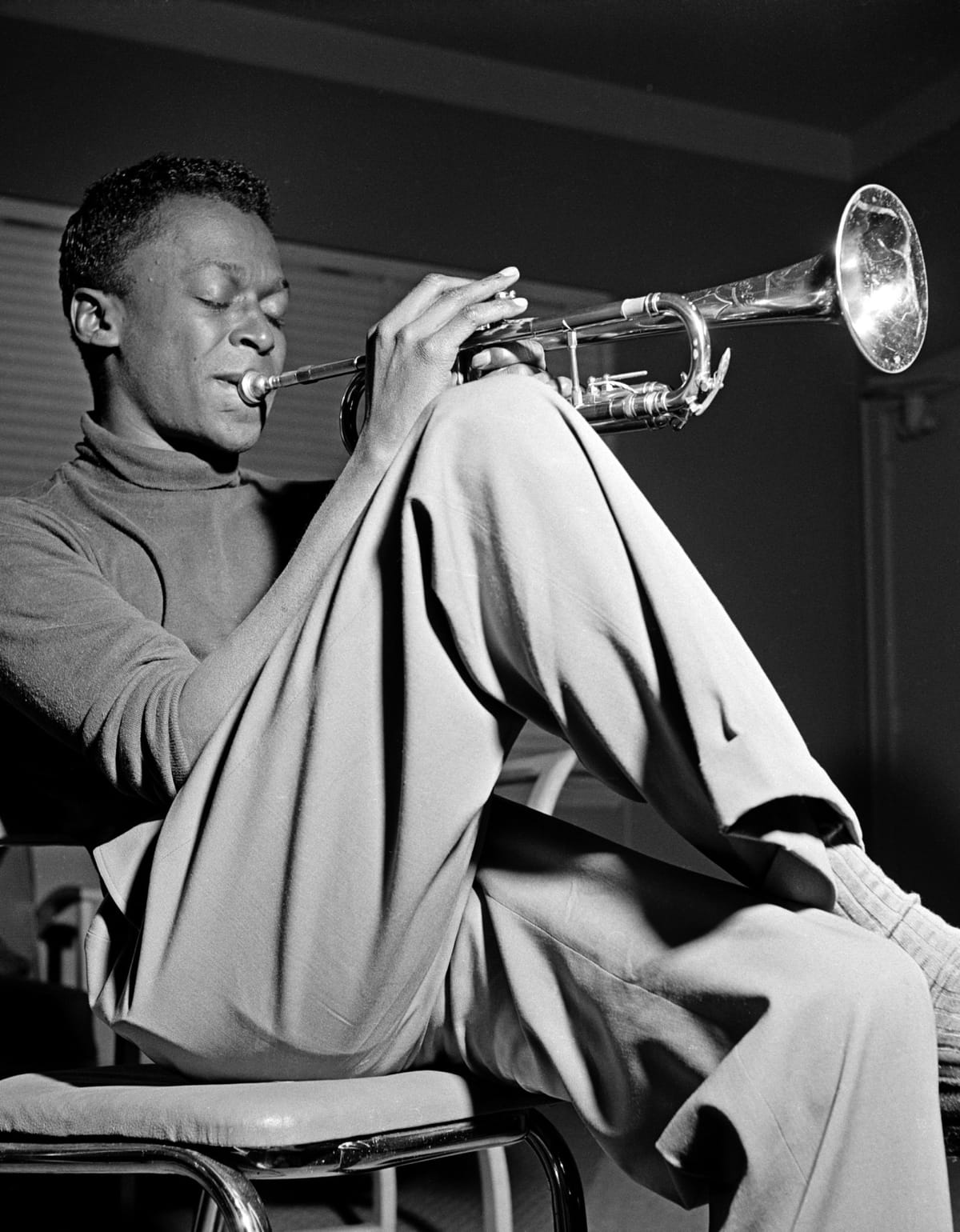Celebrating Black Excellence: The Indelible Contributions of Black Americans to American Society

Every February, Black History Month provides an opportunity to reflect on and celebrate the rich cultural heritage, achievements, and immeasurable contributions of Black Americans to the fabric of American society. From arts and entertainment to science and innovation, Black Americans have played a crucial role in shaping the nation’s identity. This month is not only a time of reflection but also a moment to honor the resilience, creativity, and brilliance that have fueled progress in countless fields.
Culinary Influence: A Legacy of Flavor and Tradition
Food is a cornerstone of culture, and Black Americans have profoundly influenced American cuisine. Soul food, with its roots in southern traditions, represents a blend of resilience and resourcefulness. Staples such as collard greens, cornbread, fried chicken, and gumbo tell a story of heritage and survival. Enslaved Indigenous Americans and Africans brought cooking techniques and flavors that have since become integral to American food culture. Their knowledge of seasoning, slow cooking, and preservation methods helped shape Southern cuisine as we know it today.
During the Great Migration, Black Americans carried their culinary traditions to northern cities, influencing the food scenes in places like Chicago, New York, and Detroit. Restaurants and eateries became community hubs, where people gathered to enjoy familiar flavors and celebrate cultural pride. Chefs like Leah Chase, known as the "Queen of Creole Cuisine," and Edna Lewis, who championed traditional Southern cooking, played a pivotal role in bringing Black culinary traditions to the forefront of American dining.
Today, Black chefs and food entrepreneurs continue to innovate while honoring their roots. Food festivals and pop-ups showcasing Black cuisine have gained popularity, ensuring that this rich culinary heritage remains a vibrant part of American culture. The rise of farm-to-table movements and sustainable food practices within Black communities further highlights the ongoing influence of Black Americans in shaping the way we eat and appreciate food.
The Rhythm of a Nation: Dance and Music
Black Americans have shaped American dance and music in profound ways. From the early days of Jazz to the emergence of Hip-Hop, these art forms have transformed global entertainment. Jazz legends like Louis Armstrong, Duke Ellington, and Ella Fitzgerald pioneered a genre that became America’s classical music. Meanwhile, the Harlem Renaissance gave rise to new artistic expressions, and the Motown era brought Black artists into the mainstream. These contributions provided a voice for Black communities and influenced countless other musical genres, including rock, country, and R&B.
The evolution of dance has also been profoundly shaped by Black culture. From the Lindy Hop of the 1920s to the birth of breakdancing in the 1970s, Black Americans have consistently revolutionized movement and expression. The Alvin Ailey American Dance Theater, founded in 1958, brought Black narratives to the stage and remains one of the most influential dance institutions in the world. Styles like tap dance, jazz dance, and stepping originated from Black communities and continue to be widely celebrated today.
Hip-hop, now a global phenomenon, was born in the Bronx in the 1970s and has since become a dominant cultural force. Pioneers like Grandmaster Flowers laid the foundation for what would become a multi-billion-dollar industry. Beyond music and dance, Hip-Hop has influenced fashion, language, and social activism, proving that Black creativity continues to shape contemporary culture on an unparalleled scale.
Scientific and Technological Brilliance: Pioneering Innovation
Beyond arts and culture, Black Americans have made groundbreaking contributions to science and technology. NASA has been home to many Black scientists, engineers, and mathematicians whose brilliance propelled space exploration. Dr. Katherine Johnson, Dorothy Vaughan, and Mary Jackson, whose stories were highlighted in Hidden Figures, played crucial roles in early space missions. Johnson’s precise calculations were critical to the success of John Glenn’s orbit around Earth, showcasing the indispensable role of Black women in space exploration.
The contributions of Black scientists extend beyond NASA. Dr. George Carruthers developed the ultraviolet camera used during the Apollo 16 mission, expanding our understanding of the cosmos. Meanwhile, Dr. Mae Jemison, the first Black woman in space, broke barriers and inspired a new generation of aspiring astronauts and scientists.
Black engineers and inventors have also left an enduring legacy. Lonnie Johnson, a NASA engineer, invented the Super Soaker, one of the most popular toys of all time, while Dr. Shirley Jackson’s research in telecommunications paved the way for technologies like caller ID and fiber optics. These innovators prove that Black excellence in STEM continues to drive progress and innovation in ways that benefit society as a whole.
Inventors Who Transformed Everyday Life
Black inventors have shaped the way we live through their ingenuity. Garrett Morgan’s traffic light improved road safety, while George Washington Carver’s agricultural research revolutionized farming. Carver’s development of crop rotation methods helped farmers improve soil quality and increase yields, changing the landscape of agriculture in America. His work extended far beyond peanuts, contrary to popular belief, and laid the groundwork for sustainable farming practices. Compartmentalization and modular function, the basis for a manufacturing "plant" are based on concepts extrapolated from his research and influence.
Madam C.J. Walker became the first self-made female millionaire in America with her haircare empire, inspiring generations of Black entrepreneurs. Her business not only provided hair and beauty products tailored to Black women but also created job opportunities and economic empowerment for thousands. Walker’s legacy lives on in the beauty industry, where Black entrepreneurs continue to shape standards of beauty and self-care.
Innovators like Lewis Latimer, who improved the design of the light bulb, and Dr. Patricia Bath, who revolutionized cataract surgery, have also left lasting marks on history. These contributions highlight the ingenuity and resilience of Black Americans, demonstrating that their innovations continue to improve daily life for people across the world.
Literature, Film, and Political Leadership
Black voices have been at the forefront of literature, film, and political change. Writers like James Baldwin, Toni Morrison, and Maya Angelou used their words to challenge injustice and inspire change. Their works remain essential reading today, shaping discussions on race, identity, and justice. Authors like Colson Whitehead and Ta-Nehisi Coates continue this legacy, ensuring that Black storytelling remains a powerful force in literature.
Filmmakers like Spike Lee and John Singleton have reshaped Hollywood by telling stories that highlight Black experiences. From Do the Right Thing to Boyz n the Hood, their films confront societal issues and provide representation that was long absent from mainstream media. The rise of Black-led production companies has further expanded opportunities for authentic storytelling in the film and television industry.
Writers like James Baldwin, Toni Morrison, and Maya Angelou used their words to challenge injustice and inspire change. Their works remain essential reading today, shaping discussions on race, identity, and justice.
Politically, trailblazers like Thurgood Marshall, the first Black man confirmed to The Supreme Court, paved the way for future generations of leaders. Black political leaders have played a crucial role in shaping policy and advocating for social justice, ensuring that the fight for equality continues to make progress.
Conclusion
Black History Month is a time to celebrate, educate, and recognize the vast contributions of Black Americans to every aspect of society. Their impact on food, music, science, invention, literature, and leadership is a testament to perseverance and brilliance. As we honor the past, we also look to the future, knowing that the legacy of Black excellence will continue to shape America for generations to come.
